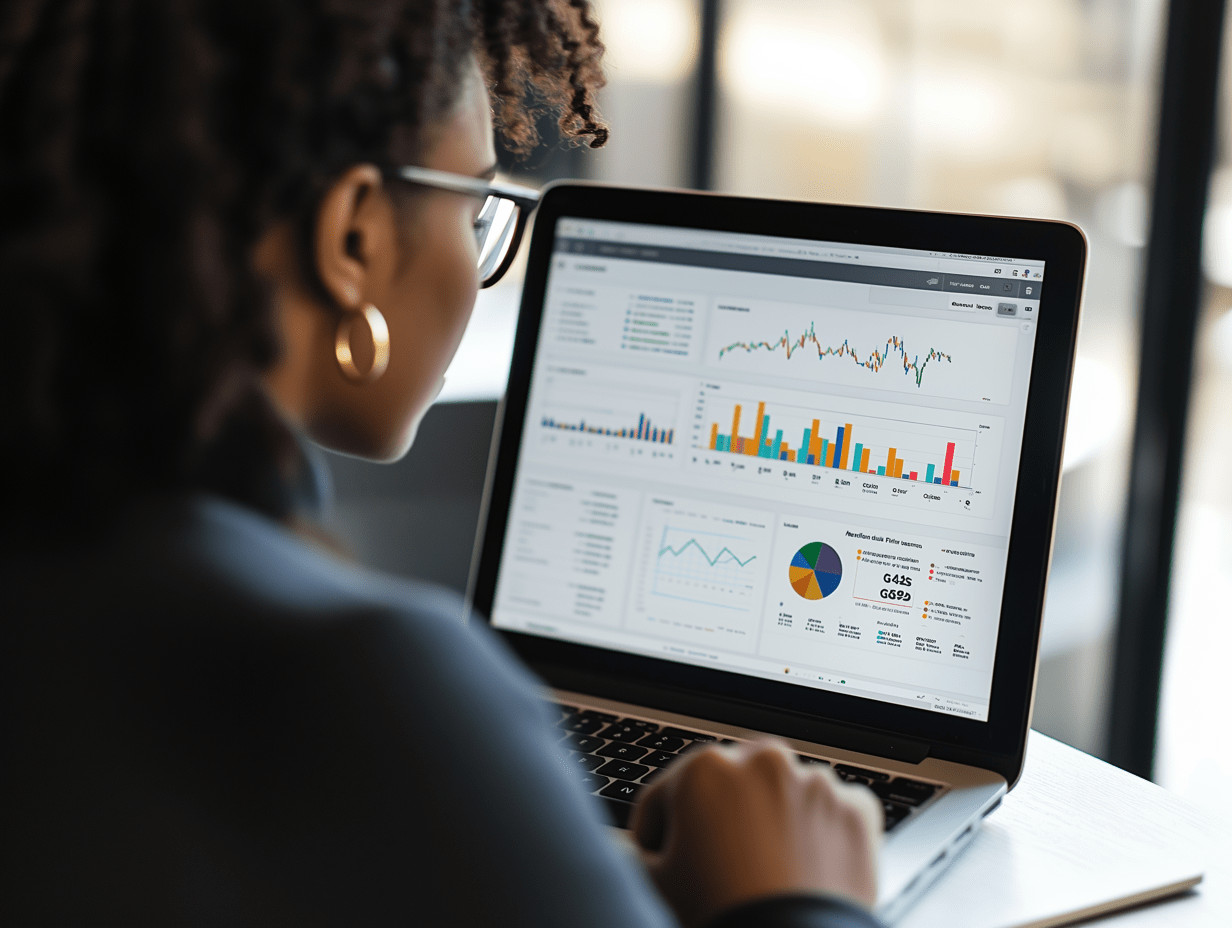Updated March 10, 2022
An SEO-optimized business website is one of the best tools you can have for improving your search ranking. Once your content establishes you as an authority on your subject matter, more potential customers will come to you for advice, answers, and paid services.
While good SEO results and rankings translate to local searches, there are ways to further optimize your website, blog, and digital presence to reach local markets.
Continue reading our Local SEO Checklist to help get you ahead in the local SEO game.
Google: The 800 Pound Gorilla
It’s no secret that when it comes to search engines, Google is by far the number one choice.
The fact is, that when it comes to any search, and especially local search, Google is the 800-pound gorilla search king we all have to contend with.
While Google never reveals the exact formula to their ranking algorithm, SEOs, and industry experts try and reverse engineer the ranking results to figure out what businesses need to do in order to rank well in local Google search results pages.
In their yearly Local Search Ranking Factors study, Whitespark has found the following:
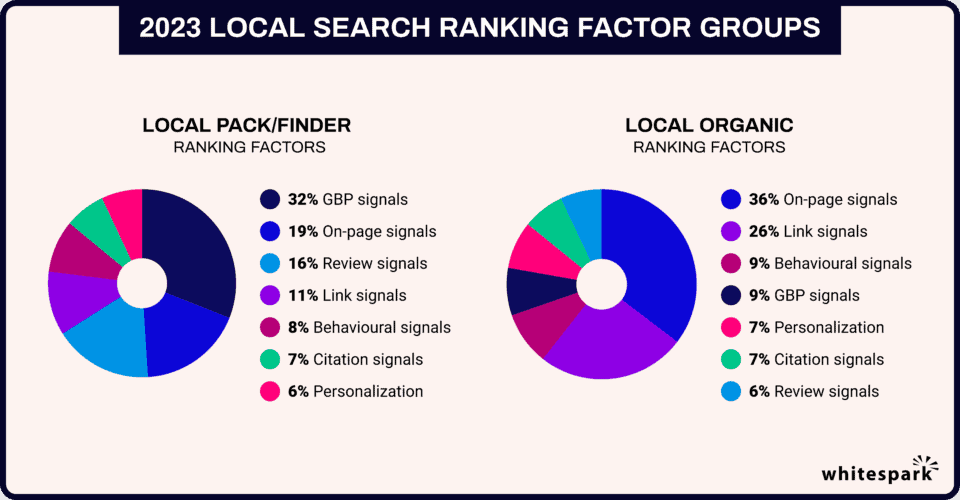
The Top Local Pack Finder Factors
- Google Business Profile Signals (Proximity, categories, keyword in business title, etc.) 32%
- Link Signals (Inbound anchor text, linking domain authority, linking domain quantity, etc.) 11%
- Review Signals (Review quantity, review velocity, review diversity, etc.) 16%
- On-Page Signals (Presence of NAP, keywords in titles, domain authority, etc.) 19%
- Citation Signals (IYP/aggregator NAP consistency, citation volume, etc.) 7%
- Behavioral Signals (Click-through rate, mobile clicks to call, check-ins, etc.) 8%
- Personalization 6%
The Top Local Organic Factors
- On-Page Signals (Presence of NAP, keywords in titles, domain authority, etc.) 36%
- Link Signals (Inbound anchor text, linking domain authority, linking domain quantity, etc.) 26%
- Behavioral Signals (Click-through rate, mobile clicks to call, check-ins, etc.) 9%
- Google Business Profile Signals (Proximity, categories, keyword in business title, engagement, etc.) 9%
- Citation Signals (IYP/aggregator NAP consistency, citation volume, etc.) 7%
- Personalization 7%
- Review Signals (Review quantity, review velocity, review diversity, etc.) 6%
The LocalBizGuru 10-Point Local SEO Checklist
So, on a practical level, what does all this information mean for local businesses trying to get or stay ahead of the competition online?
To cover these findings, here’s our 10 Point Local SEO Checklist we feel every local business should be incorporating and implementing into their Local SEO strategy.
This local SEO checklist is designed to help you rank well in the local pack – the most important organic element of a Google search engine result page.
Please note: The following local SEO checklist is predicated upon the assumption that your website is already SEO optimized. To learn more about what it takes to optimize your website to rank well in search engine result pages, please read our article on the subject here or call us for an SEO website audit report.
1. Optimize your Google Business Profile
Given that your GBP page alone contributes roughly over 36% of your local pack ranking score, it’s a no-brainer that you should claim and optimize your Google Business Profile.
The fact that it’s free means that you, as a business, have no excuse not to take advantage!
Make sure to fill out and utilize every aspect of your Google profile.
The more robust the profile the more likely your business will be chosen in your area for the goods and services you provide.
To learn how to take advantage of this free and powerful listing fully, read our article on How to Optimize Your Google Business Profile
2. Employ a Review Generation Strategy
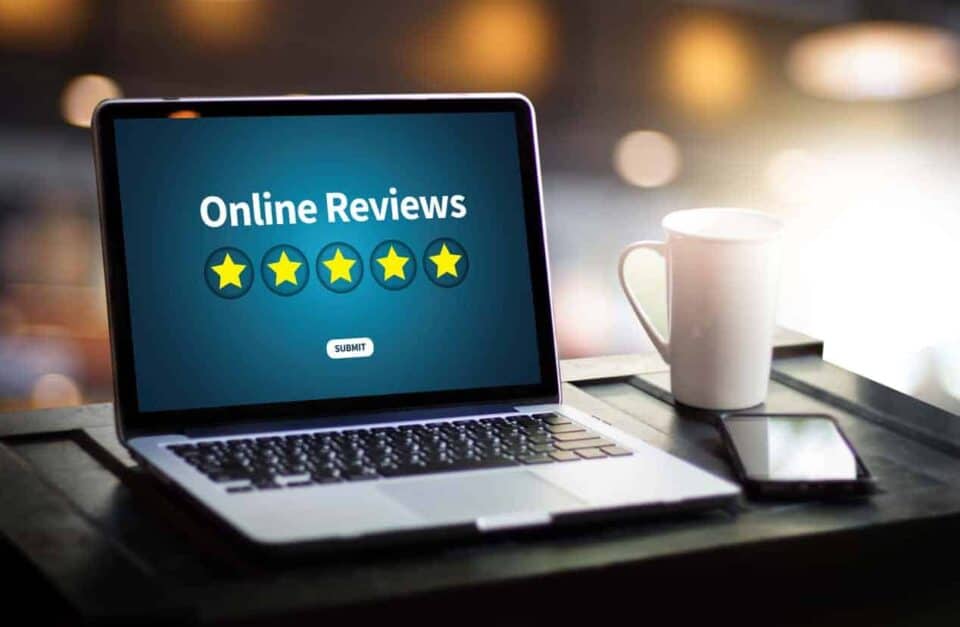
In order to create trust with potential customers who may not know anything about your business and its reputation, it’s crucial to have online reviews.
Not surprisingly the data demonstrates that online reviews impact customer purchasing decisions and your bottom line.
Some key statistics:
- 87% of people say that a business needs a rating of 3-5 stars before they will consider using them.
- 84% of people trust online reviews as much as a personal recommendation.
- 74% of consumers say that positive reviews make them trust a local business more.
Furthermore, Google uses your online reputation as a prominent factor in your ability to rank in local searches.
In fact, reviews play such an important role in your local search engine ranking that it is estimated to be 17% of your overall score!
And the data indicate that those figures are trending upward even more!
Bottom line: You need a review generation strategy to improve your online reputation and ability to rank.
3. Local Business Listings
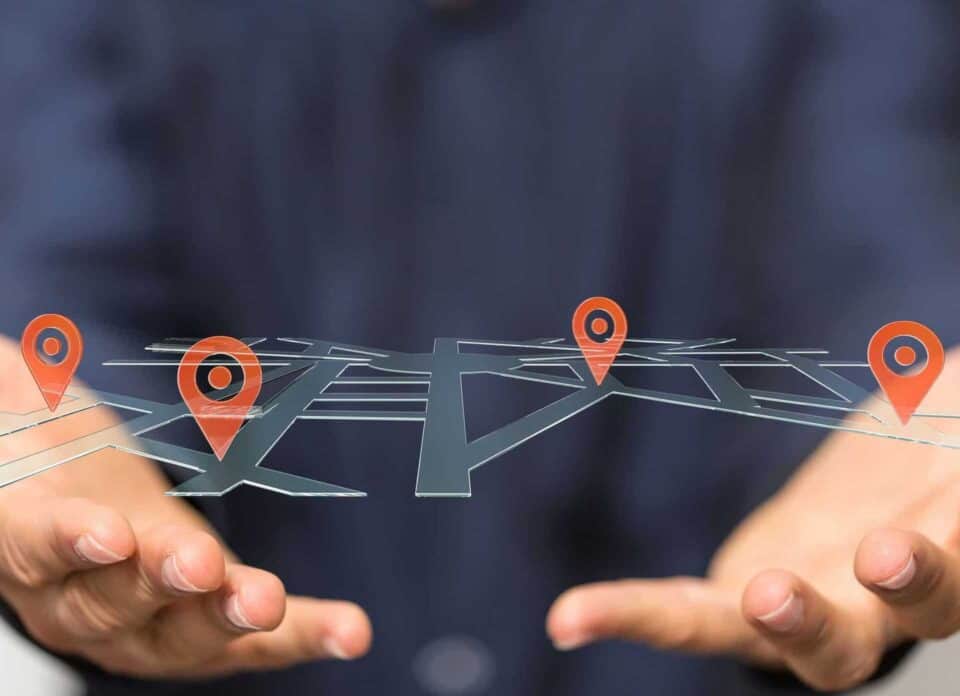 Search engines pull information from the Internet to decide what search results should be prioritized over others.
Search engines pull information from the Internet to decide what search results should be prioritized over others.
Some sources, such as unrelated forums or little-visited blog pages, don’t have enough authority to give your business legitimacy.
Other sources, like Yelp or reputable industry websites, have more weight. Make sure your business is accurately represented in the sources that search engines use most for local businesses: local business listings.
Business listings or ‘citations’ & the consistency and accuracy of their information account for approximately 7% of your ability to rank in the local pack. While they aren’t the transformational signal they once were, they are still important and relevant as a foundational signal and worthy of your consideration.
On their own, listings are just bits of text that include your business name, address, and contact information. But where you put them matters.
Local directories like your town’s chamber of commerce, WhitePages, YellowPages, and countless other sites that are devoted to accurately recording and assessing local businesses help form the basis of search engine results.
There is no official database of local businesses that these sites tap into. Instead, it’s largely up to you or your customer base to fill in the details of each site individually.
4. Stay in Control of the Information
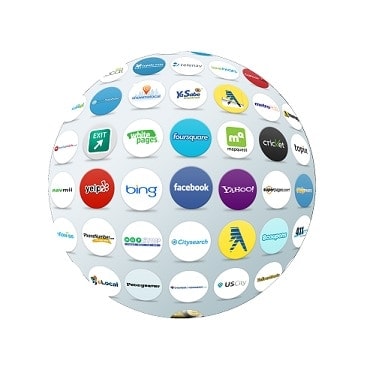
You want organic reviews and recommendations. They can do a lot for your business, and not just because word of mouth (even online) makes potential leads trust you more.
But that doesn’t mean you want your customers controlling your business listings. Even slight variations in your business name, address, URLs, or phone numbers can confuse search engine results.
This is because there are countless businesses in your niche with similar names and several businesses near your store’s address.
Contradictory information makes bots think that your business has shut down or was never really there in the first place.
You need to be proactive and prevent people from editing your business listings information by locking it down. This is accomplished by claiming and locking each listing for your business where they are listed.
Because there are hundreds of potential listing sites out there, this task can be a daunting one.
This undertaking can be done manually or automatically, depending on the service or method you choose. Learn more about the pros and cons of each approach in our article – Local SEO Fundamentals – Business’ Listings/Citations Consistency Matter here.
Staying in control of the information doesn’t mean you have to manually fill in your information across fifty or more sites that work as local directories.
Instead, hand over a master listing with your business names and details in the precise formatting you want to a listings service of your choice.
At LocalBizGuru, we can help you tackle this project with one of our Listings Optimization Services packages.
5. Build Local Links
Aside from local directories and chambers of commerce that help build a local backlink profile, look for other local opportunities to build local links.
If you do business with other local companies that service the same clientele as you do, use it as an opportunity to build each other’s backlink profiles.
Other local link-building ideas include sponsorships to local charities, organizations, and events.
By associating with other relevant local businesses, you demonstrate to the search engines that you’re an important local entity that customers should be aware of.
6. Implement a Video Marketing Strategy

Aside from being the second largest search engine after Google, YouTube is also a Google entity.
Coupled with the fact that video is currently the most popular medium to consume content, that means it’s another important platform to have your content featured on to help improve your SEO profile.
In addition to posting the videos to your YouTube channel, embedding videos on your website will increase engagement, users, sessions, and session duration, and decrease bounce rates! All KPIs that help your SEO.
If you need help crafting a Youtube marketing strategy and also what mistakes to avoid, check out our latest blog posts on the subject.
7. Optimize your Website
The foundation of everything your business is online is predicated on your website.
Make sure your website is optimized both on the front end with on-page optimization and on the back end with technical and speed optimization.
Your primary focus should be a good user experience, so make sure your website design is updated and uses SEO best practices.
Additionally, you’ll want to make sure you’ve localized your website to gain a local advantage over your larger national chain store brands
8. Talk About Events Local Markets Care About
When it comes to crafting content that will help you improve local search results, localize it!
If there’s a drought in your area and the local government just implemented a water ban, talk about it through the lens of your business.
Local council and economic changes are also the perfect subjects for a blog post or two, as long as you keep clear of the politics.
Not only does a local focus tell algorithms that you’re looking for local business, but it also tells visitors that you understand the community.
Focus on Regional Tips and Seasonal Advice
Suppose you have a landscaping company. Talking about winterizing tips that work for your region instead of further south or north gives you a clear advantage just for landscapers. If you’re an accountant, talk about state-specific tax implications.
Do you offer online services? Write posts that talk to your specific clientele if it might exclude other visitors. While you don’t want to be too niche, being too general loses you your local advantage.
9. Keep Your Contact Details Consistent and Local
Your business NAP (name, address & phone number) must be consistent everywhere.
Whenever and wherever you mention them, your core location data and contact details should always be the same.
Also, emphasize your location by saying what regions you offer services in.
Mentioning the region, your county, or your business locations gives prominence to local searches.
Additionally, make sure you Schema markup all location data – especially in the footer.
10. Take Advantage of Social Media Marketing
 Social media marketing is critical to effectively marketing your business online and improving its digital presence.
Social media marketing is critical to effectively marketing your business online and improving its digital presence.
However, as powerful and important as it is, Google has very little insight as to how effective your social media marketing is.
This is because they have no access to the analytics of your social media channels to measure engagement. It, therefore, plays a very small percentage in your local search results score.
However, Google can and does gauge how much of your website traffic comes from social media channels.
A savvy marketer will take advantage of this fact to get a competitive edge over the competition.
So when crafting your content,
- keep in mind how this can best be consumed across the various channels your customers and clients frequent, and
- how to leverage that engagement to drive people to your website.
As an example: Create a video synopsis of a great blog post you posted to be syndicated across social media and link it to the actual blog post on your website.
If you’d like to learn more about how we at LocalBizGuru use social media marketing to educate Google algorithms about your business and services and give you the edge over your competition, give us a call and ask about our Premium Social Media Marketing and video marketing packages.
Your Ultimate Local SEO Checklist
While Google and other search engines like Bing and Yahoo are constantly evolving their algorithms to improve local search results, you as a business owner probably don’t have the time or the patience to try to keep on top of all the changes while simultaneously running your business effectively.
That’s where the experts at LocalBizGuru come in.
It’s our job and mission to monitor the evolution of Local SEO and help your business evolve effectively with it.
If you need help with your local SEO checklist, please contact us for a free consultation.



